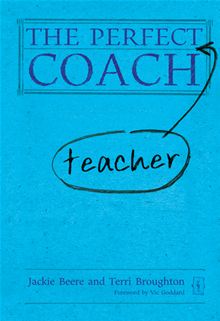There are moments when I am on stage, performing original music where I feel I am in "the zone." You will never convince me that I am anything more than a mediocre guitarist, singer and songwriter, but there are moments where everything seems to flow so effortlessly, I might as well be Jimi Hendrix up there. The energy in the crowd also seems to rise, at least from my perspective, as I am in "the zone." This is at the heart of Trying Not to Try: The Art and Science of Spontaneity.
So when Edward Slingerland discusses wu-wei and de, ancient Chinese ideas about spontaneous, effortless action and a sort of charismatic energy that spurs people to follow, I knew what he was talking about. We identify it commonly in sports in America, such as when Michael Jordan would take over in critical, game-changing situations, or when Peyton Manning carves up an opponent's defense seemingly at will. As Slingerland points out, we can't explain it, precisely because it is something that seems natural.
This is not a how-to book, and the suggestions about how to get closer to these states are largely buried under a heavy but interesting layer of Chinese thought, modern science and analogies. As I struggled to glean specific examples and ideas to apply to the classroom, I realized I was ironically trying too hard and losing sense of the central ideas of the book.
I would recommend this book as a lens with which to examine both ourselves and our culture, and as a not-so-subtle reminder that there's much to be gained in letting go, not trying so hard, and just going with the flow. For a hardworking teacher trying to get through the last stretch of the spring semester, that's an important lesson.
The good folks at Crown Publishers provided the review copy that I am once again giving away to one lucky reader. To enter this giveaway, email teachforever@gmail.com with the subject TRYING GIVEAWAY by 11:59pm CST this Wednesday, 3/19/14.
Grab your own copy of Trying Not to Try: The Art and Science of Spontaneity on Amazon.











